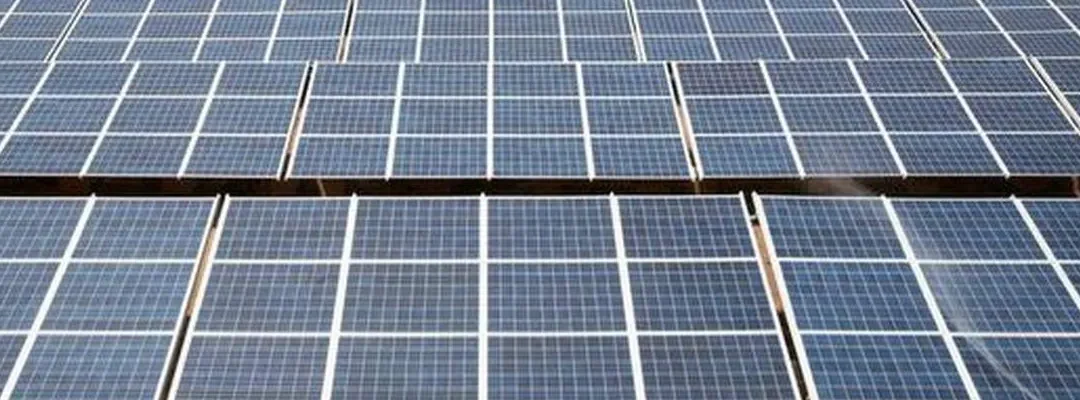Introduction
Building a solar park is not just about technology — it’s about land. Developers often plan projects in megawatts, but without the right land, projects get stuck in legal disputes, fragmented ownership, and endless approvals.
This is why land aggregation is so important. By consolidating fragmented plots into clear, dispute-free parcels, land aggregators save developers and investors from years of delay and millions in losse.
Why Delays Happen in Solar Projects
- Fragmented Land Ownership
- A 500-acre solar park may involve 200+ farmers.
- Negotiating with each farmer takes months.
- Title Disputes
- Many lands in India have unclear titles, pending court cases, or multiple heirs.
- Regulatory Approvals
- Conversion of agricultural land to non-agricultural use.
- Getting NOCs from local bodies.
- Farmer Resistance
- Fear of losing livelihood.
- Disagreements over pricing or lease terms.
Without professional handling, these issues cause multi-year delays.
How Land Aggregation Solves These Problems
1. Consolidation of Land Parcels
- Aggregators bring together multiple small plots into one large block.
- Developers get ready land parcels without negotiating individually.
2. Legal Due Diligence
- Aggregators check ownership records, encumbrances, and pending disputes.
- They ensure the land is legally clean before transferring to developers.
3. Faster Approvals
- With consolidated land, approvals like land conversion, NOCs, and registration move faster.
- Aggregators often have local government experience to speed up the process.
4. Transparent Farmer Deals
- Farmers get fair compensation or long-term lease income.
- Aggregators build trust between landowners and developers.
Real Examples of Delays vs. Aggregation
- Without Land Aggregation
- A solar project in Maharashtra needed 200 acres.
- Negotiations with 80 farmers took 18 months, and title disputes delayed the project by 2 years.
- With Land Aggregation
- In Gujarat, a 500-acre solar park was aggregated from 150 farmers in just 5 months.
- Legal checks done → project started on time → investors gained confidence.
Legal Risks Avoided Through Land Aggregation
- Duplicate ownership claims
- Disputed inheritance rights
- Mortgaged land with banks
- Unclear land-use classification
- Encroachment or boundary conflicts
By cleaning these risks upfront, land aggregators protect both developers and investors.
Future Outlook
With India targeting 500 GW of renewable energy by 2030, the need for large solar parks is only growing. Land aggregation will be the key enabler for scaling projects quickly and reducing legal hurdles.

